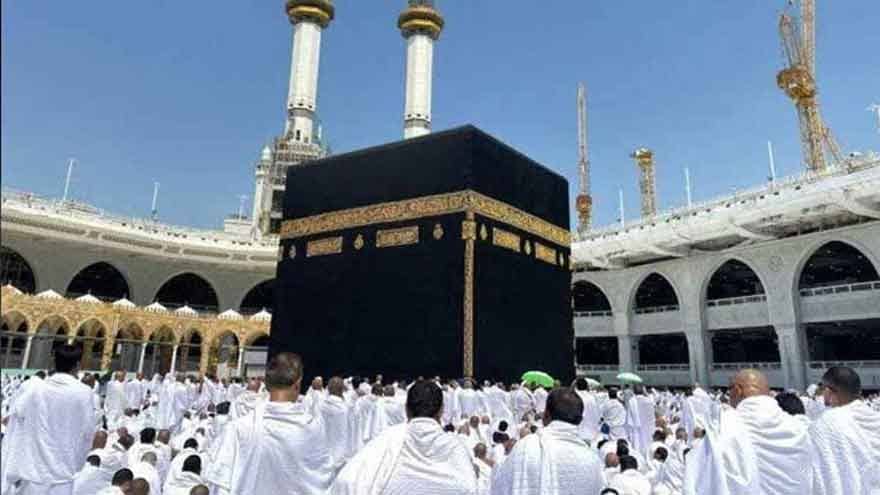
JEDDAH – The Saudi government has announced restrictions on individuals with certain medical conditions from performing Hajj in 2026 in order to ensure the safety of pilgrims.
The new guidelines, issued by the Saudi Ministry of Health and shared by the Ministry of Religious Affairs on its official website, focus on individuals suffering from chronic and contagious diseases.
The list of excluded conditions includes kidney failure requiring dialysis, heart diseases that limit the ability to perform even light physical activities, chronic respiratory conditions that necessitate continuous or periodic oxygen supply, and liver failure or cirrhosis. These individuals will not be eligible for Hajj.
Also included in the restrictions are people with neurological or cognitive impairments, such as memory loss, dementia, and severe physical disabilities.
Elderly individuals suffering from Alzheimer’s disease or those with tremors, as well as pregnant women in their final trimester or those with complications, are also prohibited from performing Hajj.
Contagious diseases that pose a risk to large gatherings, such as whooping cough, open pulmonary tuberculosis (TB), and viral hemorrhagic fever, will also prevent individuals from being allowed to participate in the pilgrimage.
Additionally, patients in the final stages of cancer or those undergoing chemotherapy, biological treatments, or radiation therapy are also excluded from this year’s Hajj.
The Ministry of Religious Affairs has urged doctors to conduct thorough medical examinations before issuing health certificates to pilgrims to avoid any legal issues. If a pilgrim provides false or misleading health information, they may be sent back to Pakistan at their own expense.
Furthermore, if any pilgrim is found to have one of the listed medical conditions during vaccination, medical officers at the Hajj camps will have the authority to prevent them from traveling.
To ensure the implementation of these guidelines, Saudi monitoring teams will check the health fitness certificates of pilgrims at both entry and exit points for the Hajj, allowing only those who meet the specified health standards to participate.





